Characterized by some symptoms opposing anorexia, Bulimia Nervosa is a serious eating disorder marked by cycles of binge eating usually followed by compensatory behaviors such as vomiting, excessive exercise, or misuse of laxatives. This condition can affect both physical health and emotional well-being, often leaving individuals feeling trapped in secrecy and shame.

What is Bulimia Nervosa?
Bulimia goes beyond occasional overeating. It involves recurrent, distressing episodes of binge eating followed by harmful methods of trying to prevent weight gain, such as self-induced vomiting, fasting, or purging, extreme exercise, or strict dieting.
Common Symptoms of Bulimia Nervosa
- Repeated binge eating episodes with loss of control
- Self-induced vomiting, fasting, extreme exercising, or misuse of laxatives and diuretics
- Excessive concern with body shape and weight
- Feelings of shame, guilt, or secrecy surrounding eating behaviors
- Health complications such as electrolyte imbalance, digestive issues, or dental problems
Treatment Options for Bulimia Nervosa
- Medications, such as antidepressants like SSRIs, are commonly used to reduce binge-purge behaviors.
- Therapy referrals, including Cognitive-behavioral therapy (CBT) and dialectical behavior therapy (DBT), are frontline approaches for recovery.
- Lifestyle support, focusing on building healthier relationships with food, managing stress, and restoring balance.
How Reverent Health Psychiatry Can Help
Our approach to treating bulimia is grounded in empathy, collaboration, and evidence-based care. Patients can expect:
- Medication management to help stabilize mood, reduce urges, and address coexisting conditions such as depression or anxiety.
- Brief supportive therapy to help patients explore coping skills and resilience while acknowledging their lived experiences.
- Referrals for full therapy (such as CBT or DBT), which are proven effective in treating bulimia’s underlying thought and behavior patterns.
- Holistic support for physical and emotional recovery, including referrals to therapists, dietitians, or medical providers when needed.
- Nonjudgmental care that ensures every patient feels respected and involved in their own treatment decisions.
Recovery is possible.
Compassionate support is just a call away. Take the first step today by booking a confidential telehealth consultation with Reverent Health Psychiatry in New York and Tennessee.

